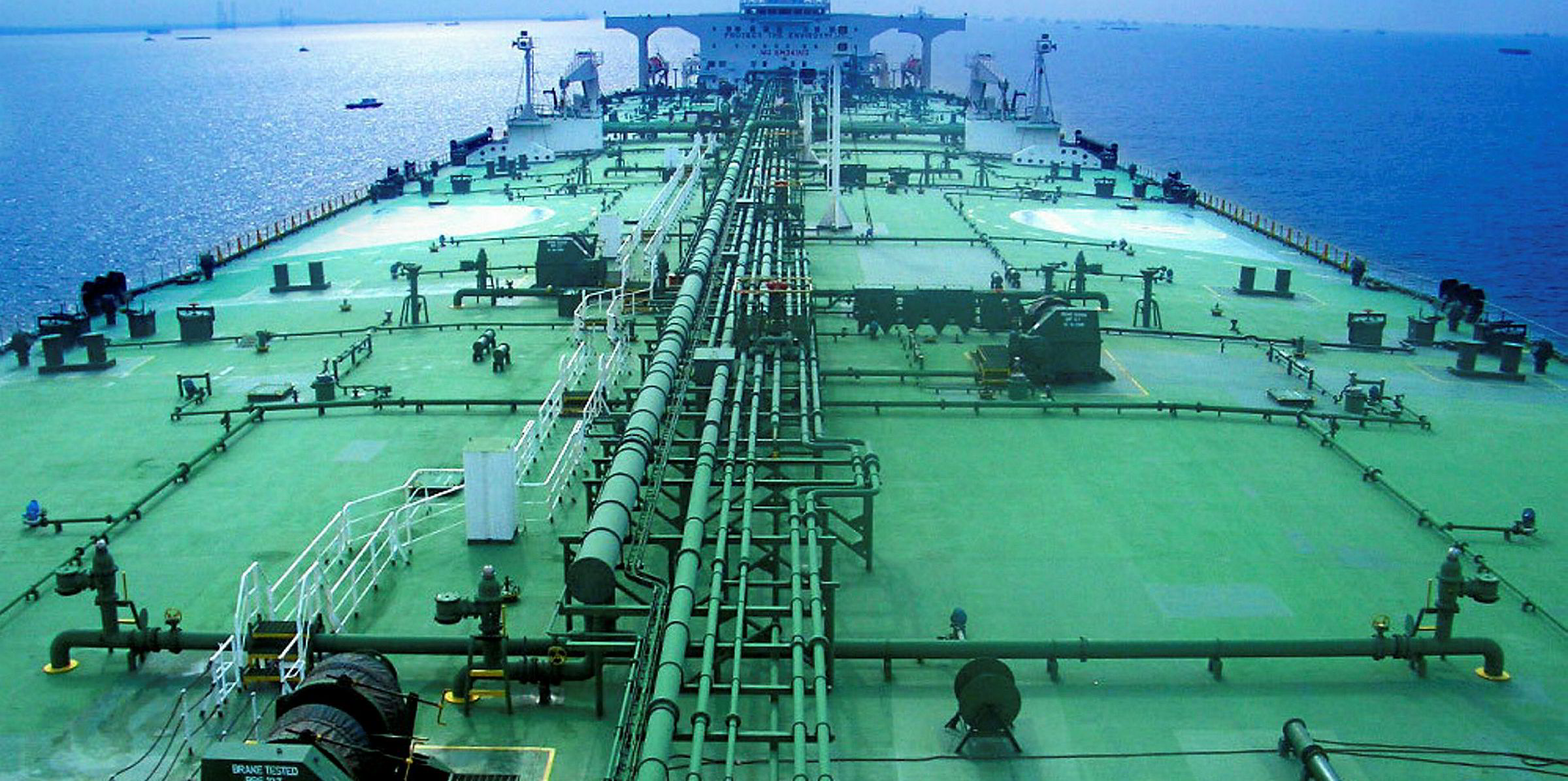The tanker industry may have to wait until March to gauge the true impact of the COVID-19 coronavirus on China’s crude demand, according to ClipperData.
“The Coronavirus is causing all manner of concerns across the world, claiming over 1,000 lives amid fears of a global economic slowdown,” said geopolitical analyst Amir Richani.
“Nonetheless, we are yet to see an impact on oil flows heading to East Asia.”
In January, Chinese waterborne imports are said to have held close to the record set late last year, and imports so far in February reportedly remain strong.
ClipperData analysis also points to loadings bound for East Asia remaining stable.
“The Arab Gulf, West Africa and Latin America – the three leading suppliers of crude to East Asia – all show volumes holding up so far this month,” said Richani.
“It will take time to see the impact of the coronavirus given that these cargoes were purchased prior to the virus spreading.”
In January, Chinese waterborne imports are said to have held close to the record set late last year
ClipperData
Richani said the true impact on Chinese crude imports may not be seen until well into March – and even then, the picture may be “muddied” by the fact that bargain-hunting to stock up inventories offsets any import weakness in response to lower refining activity.
“While there has been talk of cargo diversions and cargoes being resold, we have seen Chinese crude floating storage being drawn down in recent weeks – a sign of no waning appetite as yet,” he said.
While the crude side of the equation chugs along, ClipperData said it is seeing signs of weakness showing up in the products.
“Chinese clean product exports continue to push higher this month, despite refiners going into maintenance – perhaps signaling that lower demand is manifesting itself in higher exports, rather than higher inventories,” said Richani.
“Nowhere is this more apparent than in net jet fuel exports, which are holding at a record again this month.”
Separately, the International Energy Agency (IEA) said Thursday that it now expects global oil demand to fall by 435,000 barrels-per-day (bpd) in the first quarter of 2020, the first quarterly contraction in 10 years.
“ Global oil demand has been hit hard by the novel coronavirus (Covid-19) and the widespread shutdown of China’s economy,” it said in its latest market report.
“For 2020 as a whole, we have reduced our global growth forecast by 365,000 bpd to 825,000 bpd, the lowest since 2011.”
The IEA said that while the SARS epidemic of 2003 is widely used as a reference point for analysis of Covid-19, China has "changed enormously since then".
"Today, it is central to global supply chains and there has been an enormous increase in travel to and from the country, thus heightening the risk of the virus spreading," it said.
"In 2003, China’s oil demand was 5.7 million bpd and by 2019 it had more than doubled to 13.7 million bpd, or 14% of the global total.
"Moreover, last year China accounted for more than three-quarters of global oil demand growth."






